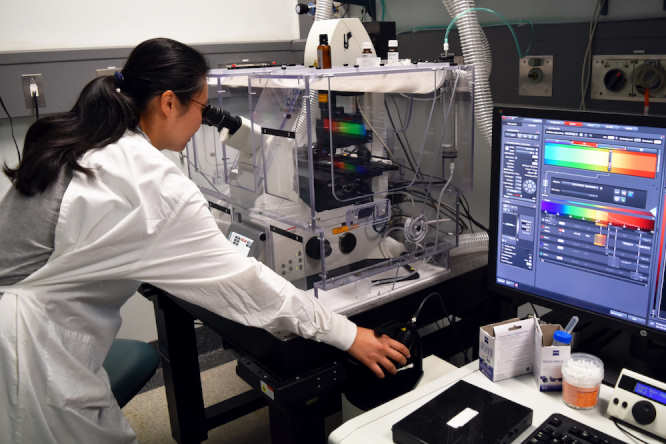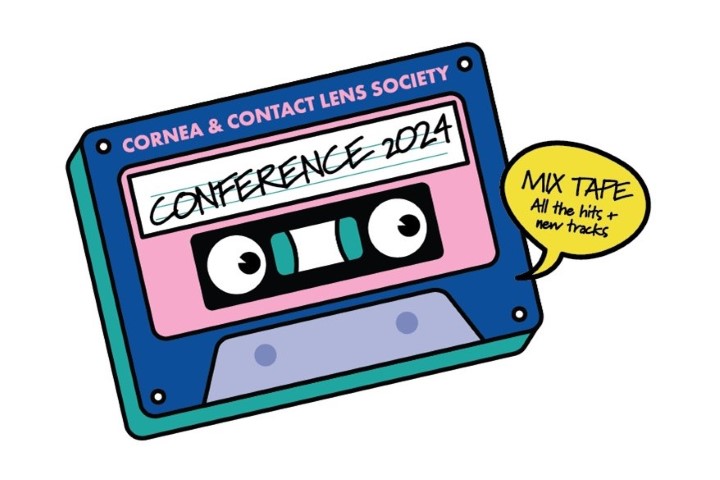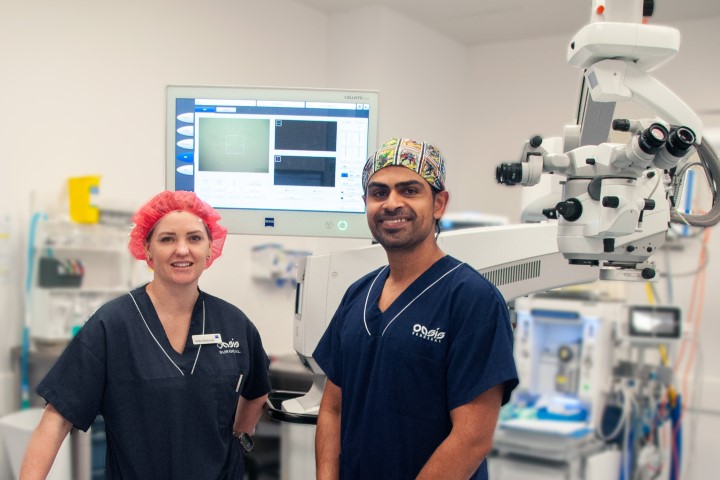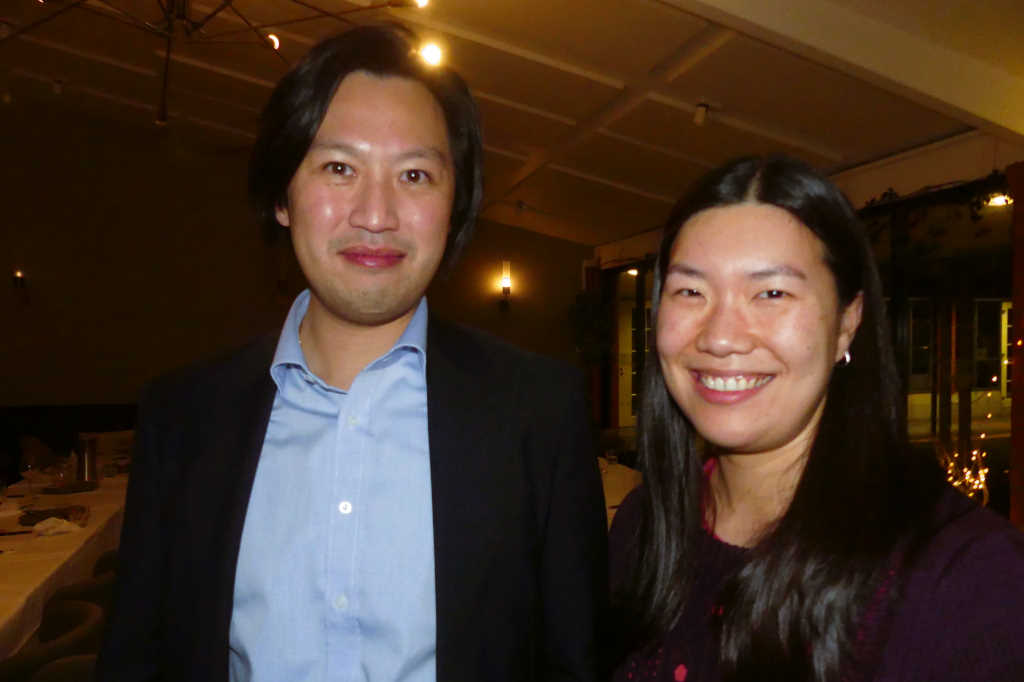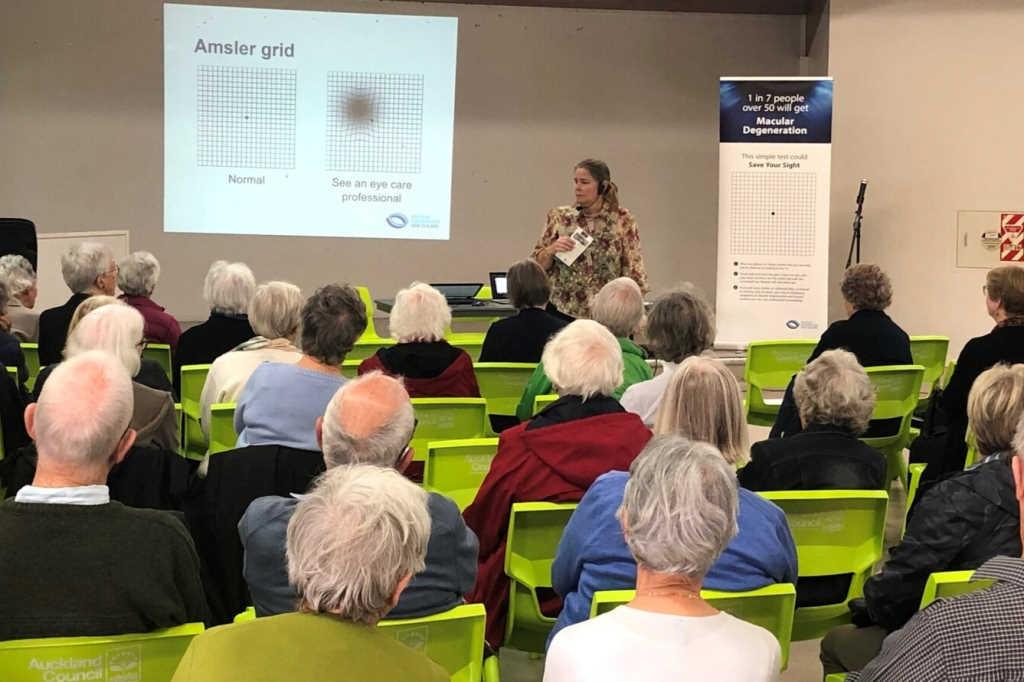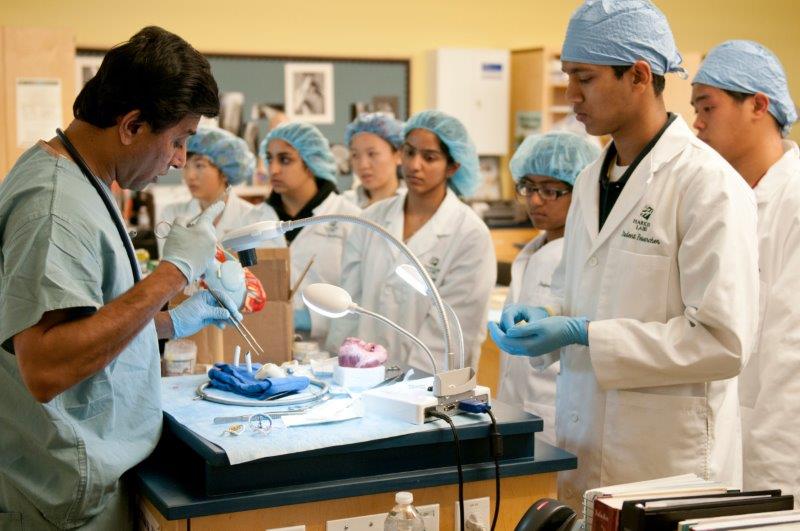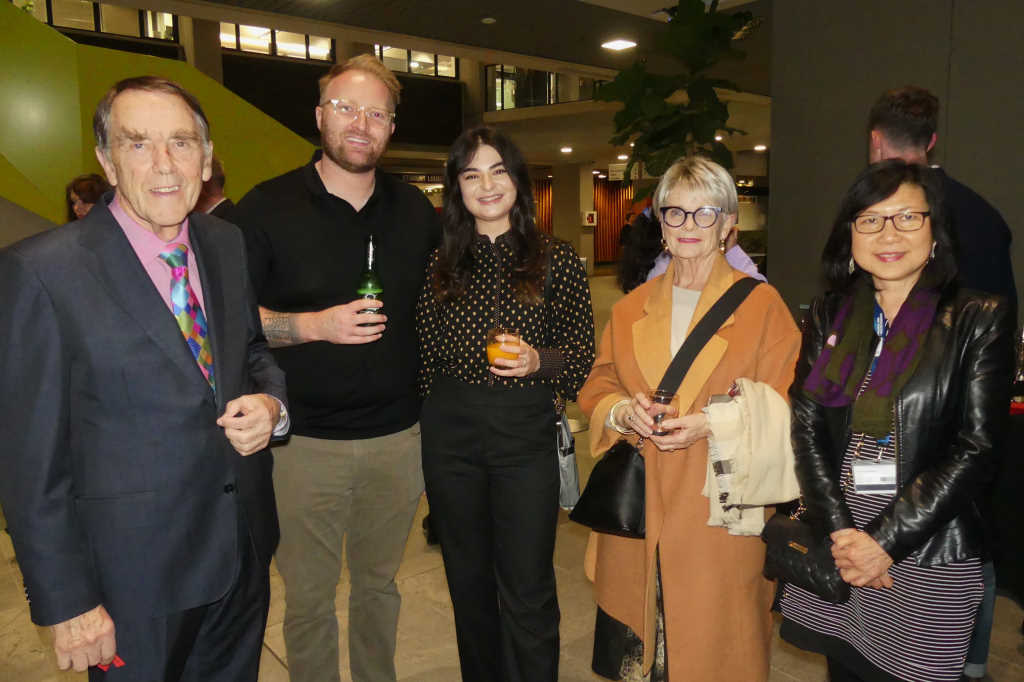New diabetes-related blindness treatment?
Australian scientists have developed a new drug, which has worked on mice, to mend the damaged retinal barrier (BRB) and reduce vascular leakage, to potentially treat patients with the main cause of diabetes-related blindness, diabetic retinopathy.
Diabetic retinopathy often occurs in diabetic patients even when their blood sugar levels are controlled, as the tiny blood vessels in the retina are damaged and can leak fluid or haemorrhage, often leading to vision loss.
Treatment options for patients with diabetic retinopathy are currently limited to laser treatment, surgery or the direct injection into the eye of anti-vascular endothelial growth factor (VEGF) therapy – an antibody-based treatment which is not always successful in patients or can result in side effects.
The key process involved in diabetic retinopathy pathology is the breakdown of the blood-retinal barrier, which is normally impermeable. Its integrity relies on how well capillary endothelial cells are bound together by tight junctions. If the junctions are loose or damaged, the blood vessels can leak.
In collaboration with researchers in Denmark, scientists at the Centenary Institute in Sydney, Australia, have demonstrated in mouse models how a novel drug, CD5-2, can mend the damaged blood retinal barrier and reduce vascular leakage.
“We believe CD5-2 could potentially be used as a stand-alone therapy to treat those patients who fail to respond to the anti-VEGF treatment. It also may work in conjunction with existing anti-VEGF treatments to extend the effectiveness of the treatment. With limited treatment options currently available, it is critical we develop alternative strategies for the treatment of this outcome of diabetes,” says lead author Dr Ka Ka Ting from the Centenary Institute.
“This drug has shown great promise for the treatment of several major health problems, in the eye and in the brain. We are trying to raise the funds to progress CD5-2 through to clinical trials,” says Professor Jenny Gamble, who heads Centenary’s vascular biology programme.










